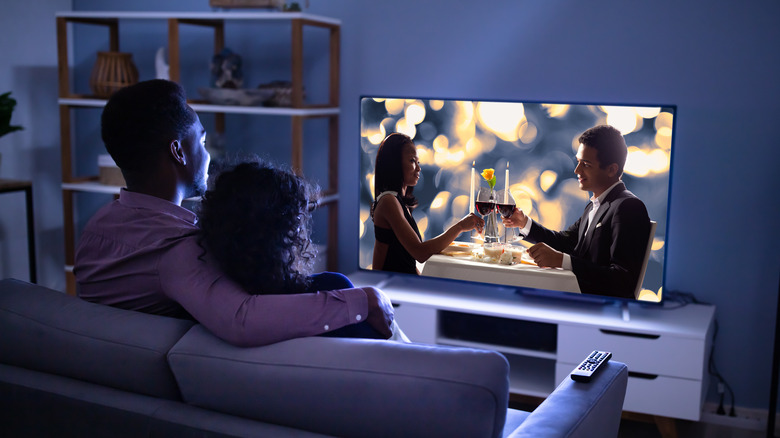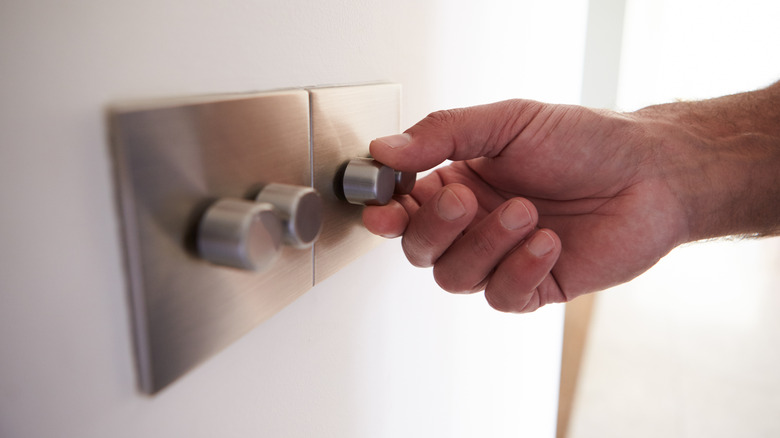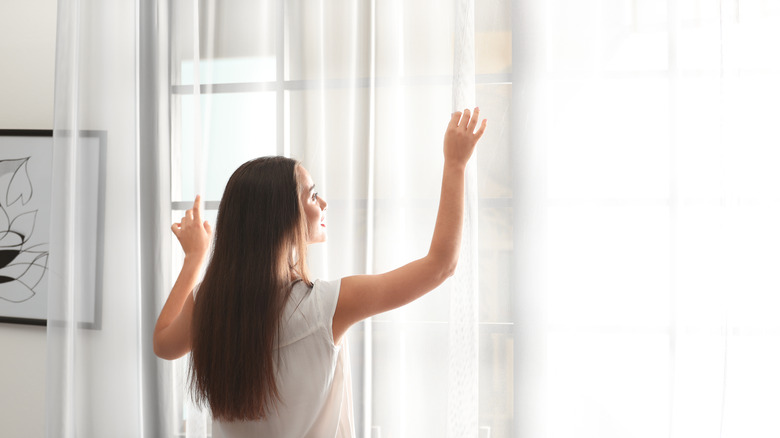How To Make Your Living Room More Energy Efficient
It's easier than you might think to do your bit for the environment, even when you're just spending a lazy day at home. Little changes can have a big impact, so what you do at home can be really important, and no more so than in your living room. Maybe you're already well on your way to making your kitchen energy efficient, but you're not there yet with your other rooms? It's not as difficult as you might think.
Even though we spend a lot of time in our living rooms, whether we're with our family or friends or just catching some TV on our own, it's easy to make it more energy-efficient, but still a great place to hang out and unwind — so you can look after the planet and have fun too!
So, how can you make your living room more energy-efficient? If you're hoping to find out, you're in the right place.
Check your lights and electronics
Think about the electricity you use while you're spending time in your living room. From TVs to games consoles to sound systems, your electronics all use power — even when they're on standby. You might decide to plug them into a smart power strip (via HowStuffWorks), or a power bar with a timer, as these turn devices off at a set time. Alternatively, some of them will shut down the devices and electronics connected to a 'main' device, like your computer or TV when you turn it off.
Maybe you've got incandescent bulbs for your living room lights. These aren't particularly energy-efficient, but there's no need to worry — it's easy to replace them with LED bulbs instead (via Energy.gov). You won't notice a difference, but they're better for the environment. Likewise, you might decide to install dimmer switches (via DoItYourself.com), as these save energy too. Not only that, but you can create your ideal living room atmosphere with them!
Use your windows wisely to save energy
Another thing you can do is keep drapes and furniture away from fans, ducts and air registers, as this will maximize air circulation. You want to be using your heating and A/C as little as you can too, so in the summer it's best to keep drapes closed during the day to keep things cool and give your air conditioning a breather, and keep them open in the winter — in the daytime — so you're letting sun in.
Likewise, keep lamps and electrical appliances away from your thermostat, as the thermostat can detect the heat emitted from these devices — this might make your furnace switch off and restart frequently, using more energy.
Finally, to avoid using your heating too much, why not put on some extra layers — especially as women are often colder than men? Make sure there's a sealed air gap between windows too, and get insulated window coverings (via Energy.gov). They'll keep the room warm without any help!


